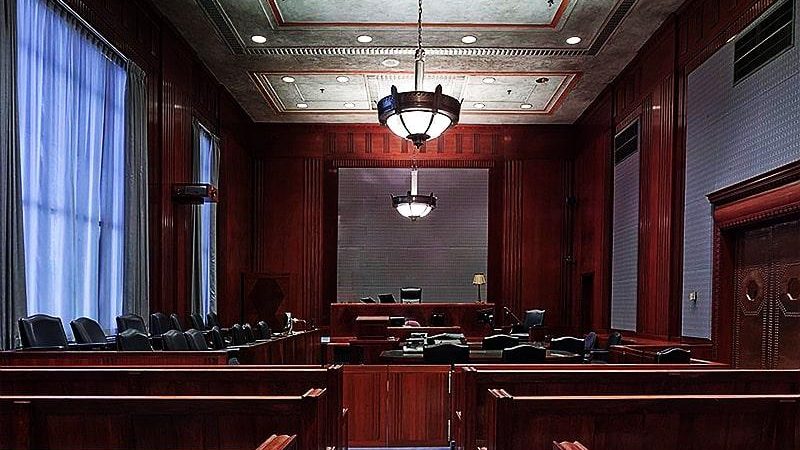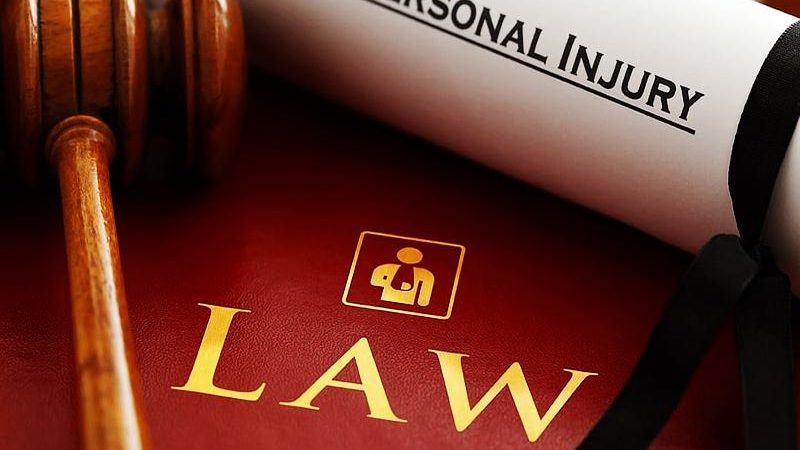The Tort of Conversion, Employment Relationships and Intangible Property
Uncertainty Over Role of Intangible Property in Conversion Claims Conversion is the legal term of art for a tort – civil cause of action – whereby a person takes, uses or destroys property belonging to another.[1] In the case of Tar Heel Investments Inc. v. HL Staebler Co. Ltd., conversion was one of the causes of action pled; what made it somewhat unique was that the property alleged converted was an intangible piece of property called a book of business. A book of business is a list of customers that a salesperson or business has, which, as a whole, is…
Read More









